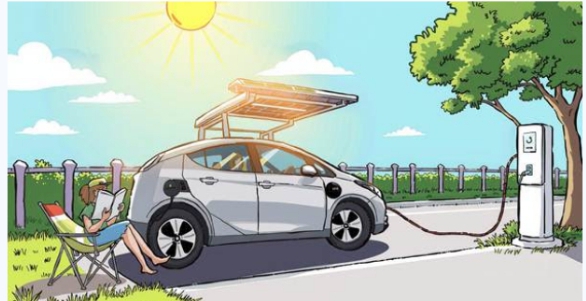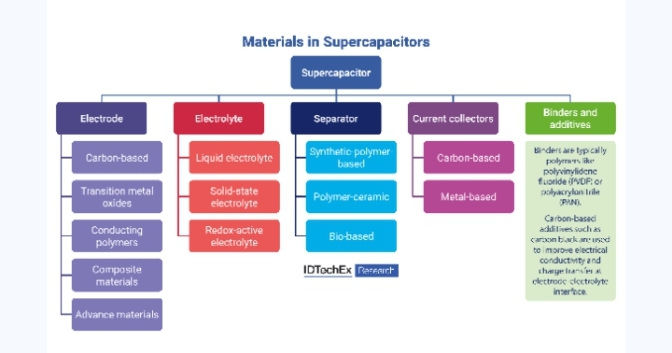Climate change mitigation and universal energy access are two global challenges that are inextricably linked.
The recently released Assessment Report (AR6) of the UN Intergovernmental Panel on Climate Change (IPCC) raises alarm bells on the rate and scale the world is already experiencing climate change, and the dire consequences if current global commitments aren’t increased enough to achieve the targets of the Paris Agreement. This situation creates additional vulnerability and potential barriers to improving the lives of 759 million people who do not have access to electricity and more than 2.6 billion people who have no access to clean cooking solutions.
The IPCC AR6 report is the sixth in a series of reports (with the first released in 1990) that assesses scientific, technical and socio-economic information concerning climate change. The first of three working groups published The Physical Science Basis of Climate Change report on 9 August 2021, with additional AR6 contributions to be released in 2022.
The report makes clear that every tonne of CO2 emissions counts in mitigating climate change and achieving net-zero carbon emissions by 2050 is imperative. Meanwhile, achieving universal access to affordable, clean energy by 2030 (Sustainable Development Goal 7) is an important factor in the delivery of net-zero emissions.
“We must act decisively now. Every fraction of a degree counts.”
UN Secretary-General António Guterres
Sustainable Energy for All (SEforALL) urges all stakeholders to raise their ambition on the clean energy transition because the window for action is rapidly closing.
The upcoming High-level Dialogue on Energy at the 76th UN General Assembly on 24 September and COP26 in Glasgow in November provide an opportunity to pledge faster action on SDG7 and SDG13 on climate action, respectively.
Key findings of the IPCC report
Human activity has warmed the atmosphere, ocean and land at an unprecedented rate. Since the previous report in 2014, the evidence has strengthened – extremes such as heatwaves, heavy precipitation, droughts and tropical cyclones can be attributed to human influence.
The Paris Agreement goals might not be reached. We will exceed global warming of 1.5°C and 2°C during the 21st century unless deep reductions in CO2 and other greenhouse gas emissions occur in the coming decades.
Every tonne of CO2 emission adds to global warming. Every 1,000 GtCO2 is likely to cause a 0.45°C increase in global surface temperature.

Methane has come into the spotlight. It’s the second most important greenhouse gas after CO2. The report warns that failure to curb methane emissions could undermine Paris Agreement goals.
The critical role of the energy sector
The energy sector currently accounts for almost 75 percent of today’s global carbon emissions. Countries with the greatest energy access deficits contribute little to these emissions. This is particularly true in Sub-Saharan Africa, which is responsible for a mere 0.55 percent of cumulative emissions.
For countries in Africa and Asia to improve their energy access to the point where it supports productive use, industrialization and economic growth, their emissions would increase significantly if this energy were to come from fossil fuels. This means that climate change mitigation should be built into the energy access and development plans of these countries.
Accelerating the achievement of SDG7 with a clean and just energy transition is the cornerstone of the global net-zero pathway. Access to electrification and modern energy services is key to development and poverty alleviation. Cost-competitive clean energy solutions can quickly close last-mile connections with the least carbon footprint.
For instance, bringing modern cooking solutions to billions of people would reduce global black carbon emissions by 50 to 90 percent, significantly limiting global warming.

Scaling renewable energy and integrating solutions for the electrification of energy services such as transportation and clean cooking solutions provides immense social and environmental benefits and climate mitigation.
Energy efficiency in buildings and industries is essential to preventing climate change, making businesses and enterprises competitive, and creating long-term sustainable jobs. Energy efficiency also makes modern energy services more affordable while significantly reducing carbon emissions. On a warming planet, energy efficiency underpins sustainable cooling solutions that will protect people from extreme heat while minimizing energy demand.
There is a need to mobilize support for developing countries on a net-zero pathway that includes sustainable energy strategies. New initiatives like Energy Compacts, launched as part of the High-level Dialogue on Energy, are opportunities for the global community to commit to helping countries establish clean energy plans that simultaneously address the need for economic development and climate action.
Source: SEforAll









Your point of view caught my eye and was very interesting. Thanks. I have a question for you. https://www.binance.com/sl/register?ref=PORL8W0Z
Thank you for your sharing. I am worried that I lack creative ideas. It is your article that makes me full of hope. Thank you. But, I have a question, can you help me? https://www.binance.com/zh-CN/join?ref=VDVEQ78S